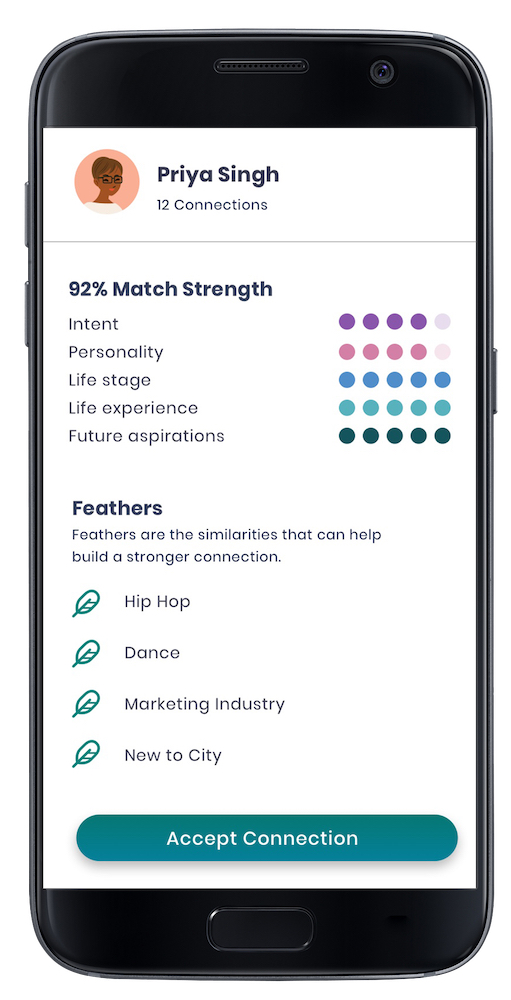The last two years have dramatically shifted the ways in which employees engage in the workplace. Yet, as workers settled into home offices and embraced the remote-work environment, many companies have moved to implement return-to-office policies and chart a hybrid future.
It hasn’t exactly been a seamless transition. While some employees remain eager to return to in-person work and reconnect with colleagues IRL, tension continues to brew for workers who became acclimated to the flexibility and work-life balance afforded by remote work. It’s one big factor that’s continuing to fuel the Great Resignation.
At the same time, without the usual water cooler talk, happy hours, staff lunches or work outings, companies are struggling to keep employees engaged, leaving many feeling disconnected — even within internal teams. The result is a diminished sense of knowledge sharing, creative output, work performance, inclusivity and belonging. Remote and hybrid work also has another downside: a rise in workplace loneliness.
With the rapid adoption of business technology tools — think Zoom, Zapier, Slack — employees can seem like they’re more connected than ever. But Jeremy Fojut, cofounder and CEO of Like|Minded, said there’s a seismic gap between such communication tools and authentic human connection.
Amid the rise in remote and hybrid work, “there’s a disconnection of culture,” Fojut told Technical.ly. The challenge to overcome: “How do you connect people together and build social capital in companies?”
The epidemic of loneliness
It was a question looming for the serial entrepreneur well before the pandemic firmed its grasp. As a cofounder at NEWaukee, a social engagement agency, and Newance, an offshoot focused on talent engagement and recruitment, Fojut has long been focused on building meaningful community and career connections. But working with corporate partners, Fojut often witnessed the disconnect occurring between companies and their employees — and among coworkers.
Fojut began to wonder what made colleagues become “work friends,” and how that played into the bigger goal of talent retention, especially in the wake of the pandemic and the Great Resignation. What he found, Fojut said, is it’s always better to have a friend in the workplace. But he wanted to deconstruct the patterns behind the “why.”
At the same time, more research was emerging around the impending epidemic of loneliness and its impact on public health.
“I don’t think people understand how serious this is,” Fojut said. “Loneliness is the same as smoking 15 cigarettes a day. Those same feelings of loneliness trigger areas of your brain associated with pain. It can lead to obesity, depression and dementia. It’s truly an underlying cause people don’t talk about. I wanted to solve a real problem in the world that is plaguing people.”
Meeting Like|Minded colleagues

In 2021, Fojut joined forces with his NEWaukee cofounder, Angela Diamani, and technologist Ben Juarez to find a solution. Together, the team developed Like|Minded, a software platform aiming to enable individuals within an organization to meet and form relationships with their colleagues. That process starts with building trust, Fojut said.
“Every company is looking to connect their workforce, which is harder when you’re not in-person,” he added. “Our algorithm is based on the neurology and science of friendship. We find that people stay at their jobs longer when they have work friends. [For companies] it’s a retention strategy. Hopefully, we can create long-lasting connections.”
Through Like|Minded, employees are prompted to take a seven-minute assessment. Fojut said the technology then constructs an archetype of 12 total — for instance, The Advocate, The Traditionalist or The Organizer — based on an individual’s interests and personality traits, designed to help individuals identify their strengths and weaknesses, and connect them to matches within their workplace. Fojut said colleagues who are matched tend to engage for 30 minutes longer than without the facilitation of the app.
Like|Minded currently partners with executives, HR professionals, and health and wellness leaders at more than 20 corporations across the Milwaukee region. As the company looks to expand, Fojut sees an opportunity to implement Like|Minded at schools, colleges and senior living facilities.
“People don’t like to go up to others and say they’re lonely,” Fojut said. “Everybody feels like they’re connecting every day. I want to raise the awareness that every generation is getting lonelier. We want to connect people to their city, to each other, and to their careers.”
Subscribe to This Week in Milwaukee Rising:







